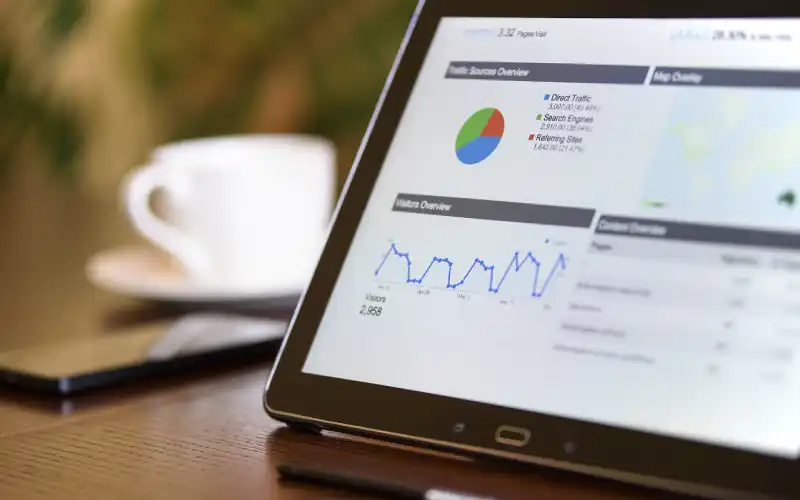In the dynamic domain of digital marketing, triumph doesn’t solely rest on creating visually appealing content and launching campaigns. It equally hinges on comprehending the impact of your endeavors through effective measurement. To navigate this arena, marketers must zero in on metrics that provide actionable insights, steering strategic decision-making. Let’s delve into eight pivotal metrics indispensable for gauging the effectiveness of digital marketing initiatives.
- Conversion Rate
- Customer Acquisition Cost (CAC)
- Click-Through Rate (CTR)
- Bounce Rate
- Return on Investment (ROI)
- Social Media Engagement
- Email Open and Click-Through Rates
- Website Traffic Sources
At the core of digital marketing success lies the conversion rate – the percentage of visitors taking a desired action. This action could be making a purchase, filling out a form, or any other predetermined objective. Monitoring this metric provides a clear indicator of how well your website or landing page is performing in terms of turning visitors into customers. The emphasis isn’t just on attracting traffic but on converting that traffic into tangible results.
Understanding the cost of acquiring a new customer is crucial for sustainable growth. CAC includes all expenses related to acquiring a customer, such as marketing and advertising costs. By comparing CAC with the customer’s lifetime value (LTV), marketers can ascertain the overall profitability of their acquisition efforts. A lower CAC relative to LTV signals a healthy and scalable business model.
CTR measures the percentage of people who click on an ad or a specific link in relation to the total number of impressions. It’s a vital metric for assessing the relevance and effectiveness of ad copy, creative elements, and targeting. A high CTR indicates that your audience finds your content compelling and engaging, while a low CTR may necessitate adjustments to improve campaign performance.
The bounce rate indicates the percentage of visitors who navigate away from your site after viewing only one page. A high bounce rate could suggest a lack of engagement or a mismatch between user expectations and your content. Analyzing bounce rates helps identify areas for improvement, such as optimizing landing pages or refining content to better align with audience interests.
Ultimately, digital marketing efforts should yield a positive return on investment. Calculating ROI involves measuring the revenue generated from a specific campaign against the costs incurred. This metric provides a comprehensive view of campaign profitability and enables marketers to allocate resources more effectively by focusing on high-performing channels and tactics.
In an era dominated by social media, tracking engagement metrics – likes, shares, comments, and clicks – is crucial. These metrics provide insights into the effectiveness of your social media content and help you understand your audience’s preferences. Analyzing engagement can guide content strategy, allowing marketers to create more compelling and shareable content.
Email marketing remains a powerful tool, and monitoring open and click-through rates is essential for evaluating campaign performance. A high open rate indicates effective subject lines and relevance, while a strong click-through rate demonstrates compelling content and calls-to-action. By fine-tuning these elements, marketers can enhance the overall impact of their email campaigns.
Understanding where your website traffic originates provides valuable insights into the effectiveness of your digital marketing channels. Analyze the sources of traffic – organic search, paid advertising, social media, etc. – to identify high-performing channels and allocate resources accordingly. This data-driven approach ensures a more strategic and targeted digital marketing strategy.
In conclusion, successful digital marketing extends beyond mere execution; it demands a commitment to measurement and continuous improvement. By focusing on these eight metrics, marketers can gain a comprehensive understanding of their campaigns, optimize performance, and drive sustained success in the ever-evolving digital landscape.





